Heart Valve Disease Treatment
We offer a range of minimally invasive and open treatments for heart valve disease. Our goal is to relieve symptoms, preserve your heart health and help you get back to living the life you love.
BJC HealthCare works with Washington University physicians, BJC Medical Group, and providers across the region to deliver extraordinary care. Heart valve problems are common, but for many people, they don’t cause symptoms. In some people, valvular heart disease requires treatment. Our expertise with heart valve procedures and excellent outcomes are well known throughout the region.
At our hospitals, you’ll find:
Dedicated team: The cardiologists and surgeons on our valve team focus primarily on diagnosing and managing valvular heart disease. You can be confident that you are receiving appropriate medical care or surgery recommendations at the right time.
Collaborative approach: You have access to experts in cardiology, heart surgery, heart imaging, interventional cardiology and other specialties. These providers work together to coordinate your care and update your treatment plan as needed.
Excellent results: U.S. News & World Report ranks Barnes-Jewish Hospital as High Performing for transcatheter aortic valve replacement (TAVR) and aortic valve surgery.
History of innovation: Barnes-Jewish Hospital was the first in St. Louis to perform transcatheter aortic valve replacement. We also partner with Washington University School of Medicine which takes part in clinical trials to develop new techniques, such as mitral valve clip therapy and valve-in-valve procedures. In addition, we can offer procedures that require compassionate use approval from FDA.
Heart valve disease describes problems with the way your heart valves control blood flow through your heart. It’s common for heart valves not to work as they should. Valves stiffen with age in some people. Other people may be born with a valve problem.
Heart valve disease can make you tired and breathless. It can also cause chest pain, dizziness or an irregular heartbeat. Over time, it can lead to heart failure.
Valvular heart disease most often affects your heart’s valves in one of two ways:
Valve regurgitation (leaking heart valve): Valves do not close as they should. Blood regurgitates (flows backward), causing your heart to work too hard to push blood to your body.
Valve stenosis: Hardened valves don’t open all the way, eventually restricting heart function and blood flow to your body.
Valvular heart disease gets worse over time for many people. Your doctor may recommend heart valve surgery to prevent complications, even if you aren’t having symptoms.
In the past, valve repair often required open-heart surgery that left a large scar. Today, we offer many catheter-based options. In these procedures, we repair or replace a valve using a narrow tube inserted through a blood vessel with no incision. Even many traditional valve surgeries no longer require surgeons to split the breastbone. We can go through the ribs instead with a much smaller incision.
Heart valve surgeries we perform include:
Medicines and lifestyle changes often relieve symptoms and delay complications for mild heart valve disease. Your doctor may recommend:
Healthy lifestyle: Regular exercise, a healthy diet, not smoking and managing your stress levels strengthen your heart.
Medication: Drugs such as diuretics, blood thinners and beta-blockers can help reduce the load on your heart.
Surveillance: “Watchful waiting” means your doctor monitors your heart valve problems. You may need regular echocardiograms (heart ultrasounds).
 Alton Memorial Hospital
Alton Memorial Hospital Barnes-Jewish Hospital
Barnes-Jewish Hospital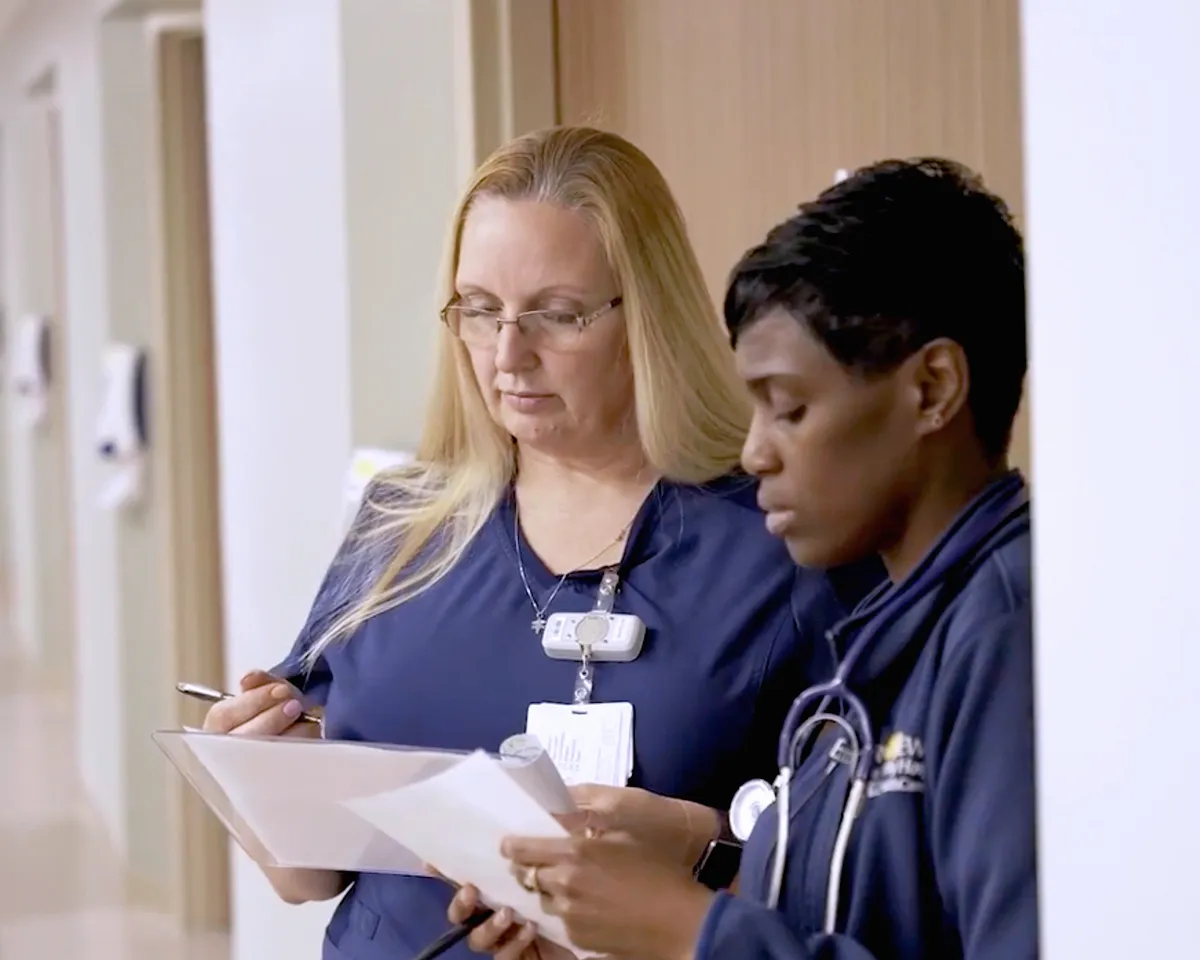 Barnes-Jewish St. Peters Hospital
Barnes-Jewish St. Peters Hospital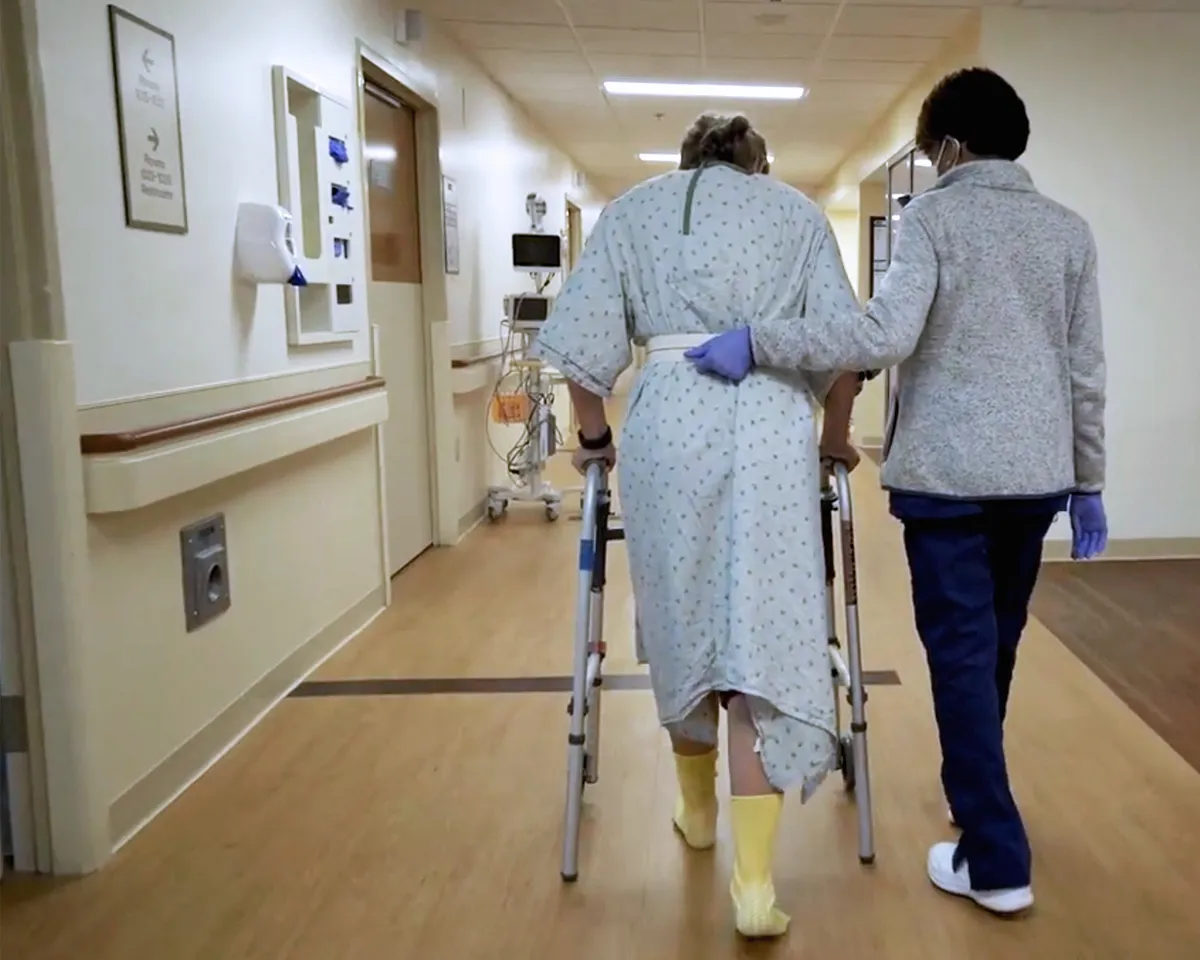 Christian Hospital
Christian Hospital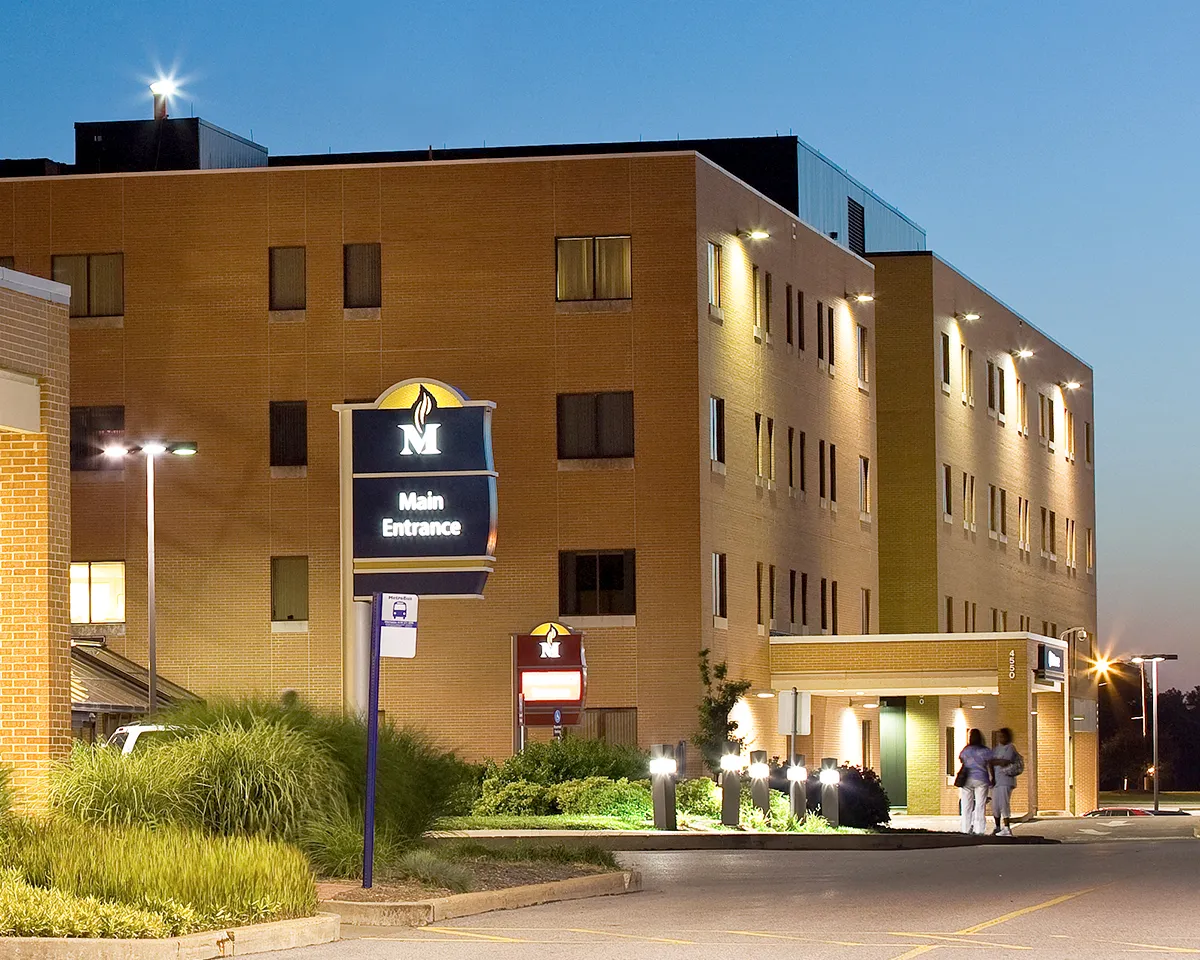 Memorial Hospital Belleville
Memorial Hospital Belleville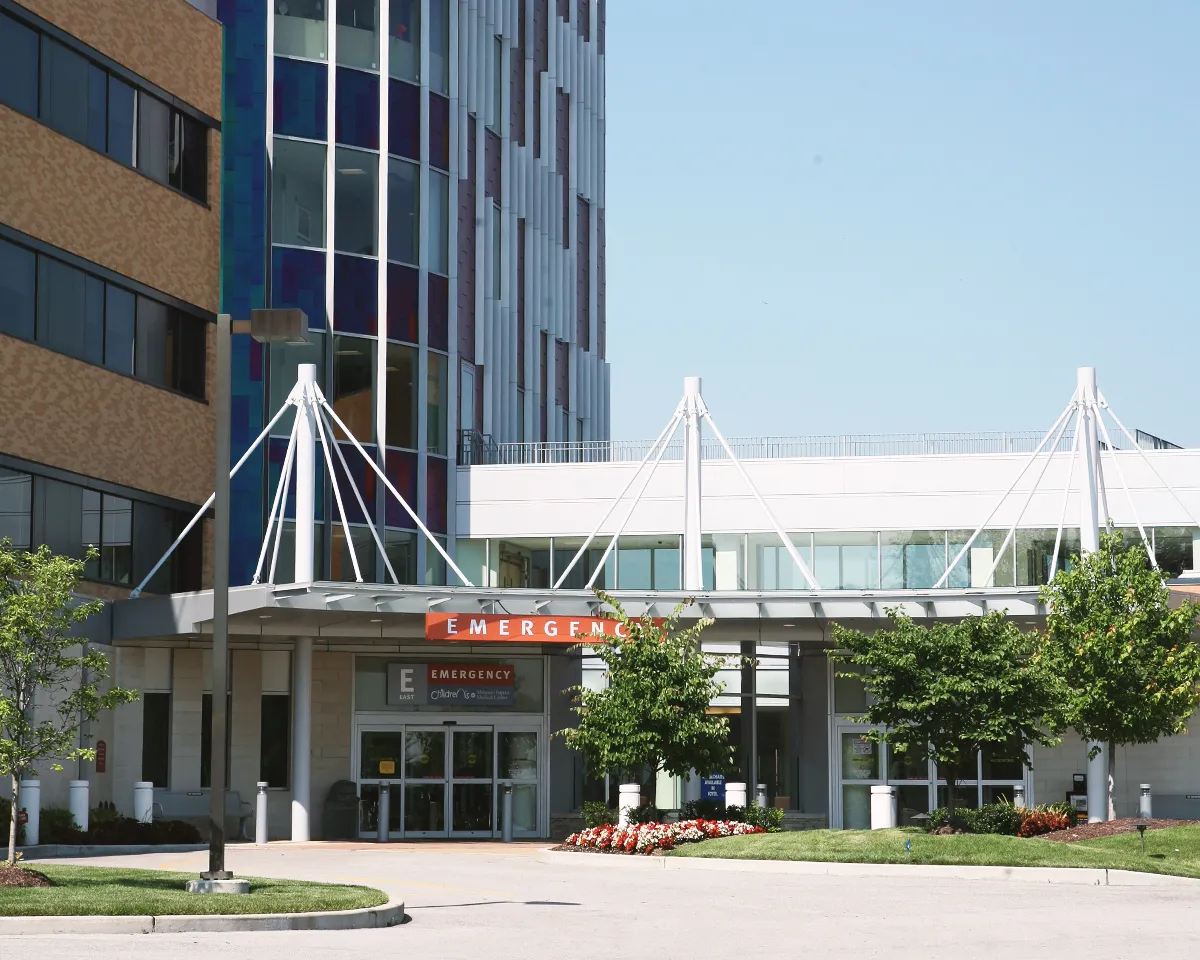 Missouri Baptist Medical Center
Missouri Baptist Medical Center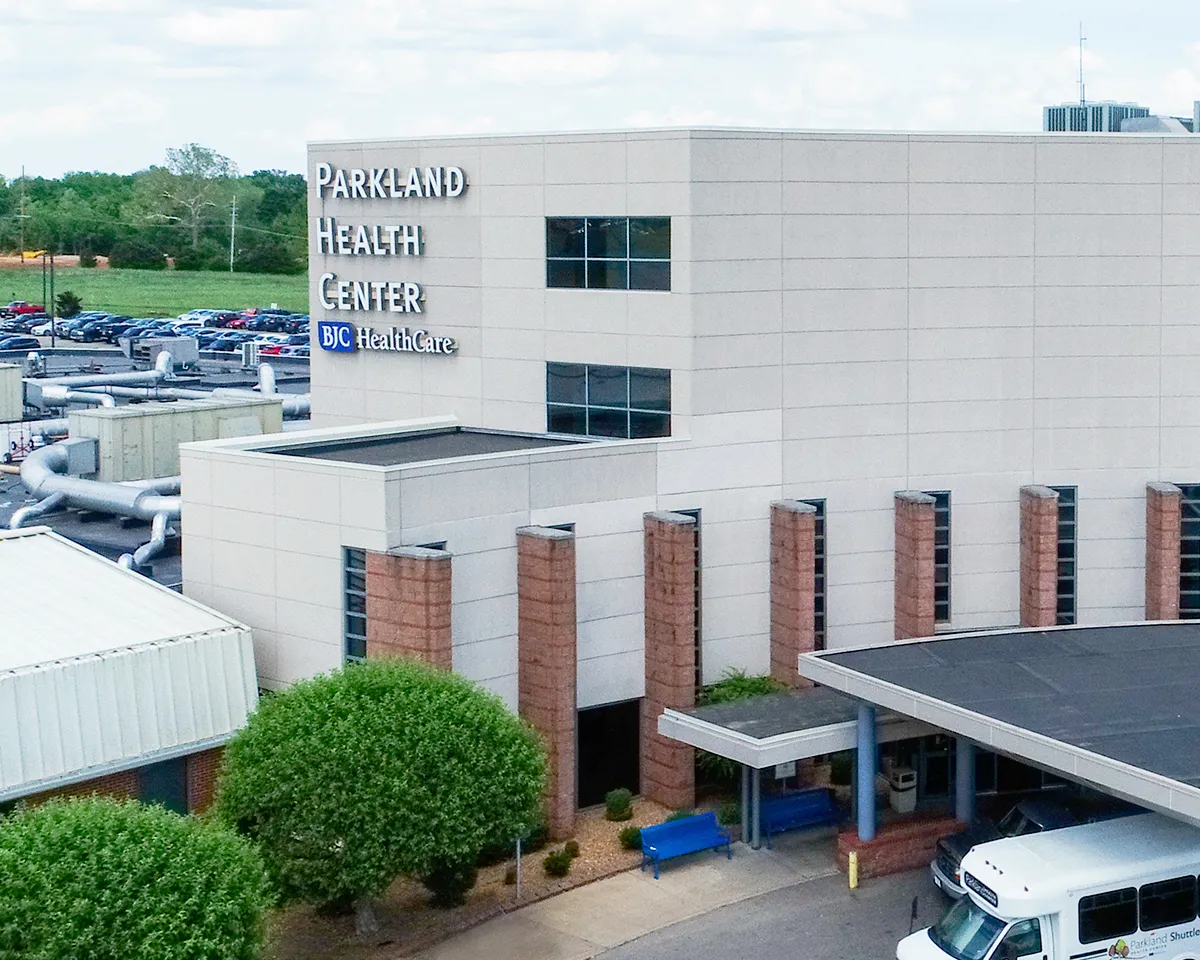 Parkland Health Center
Parkland Health Center
Schedule your appointment
Call (314) 362-9355 or (800) 392-0936 to schedule your appointment with a specialist.